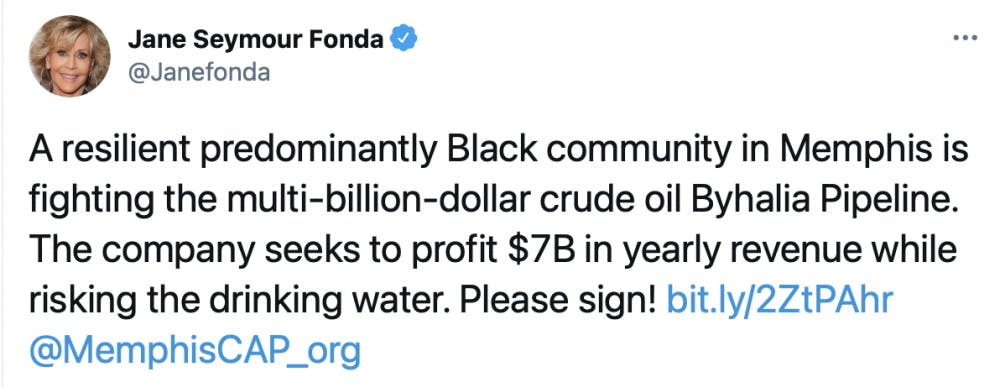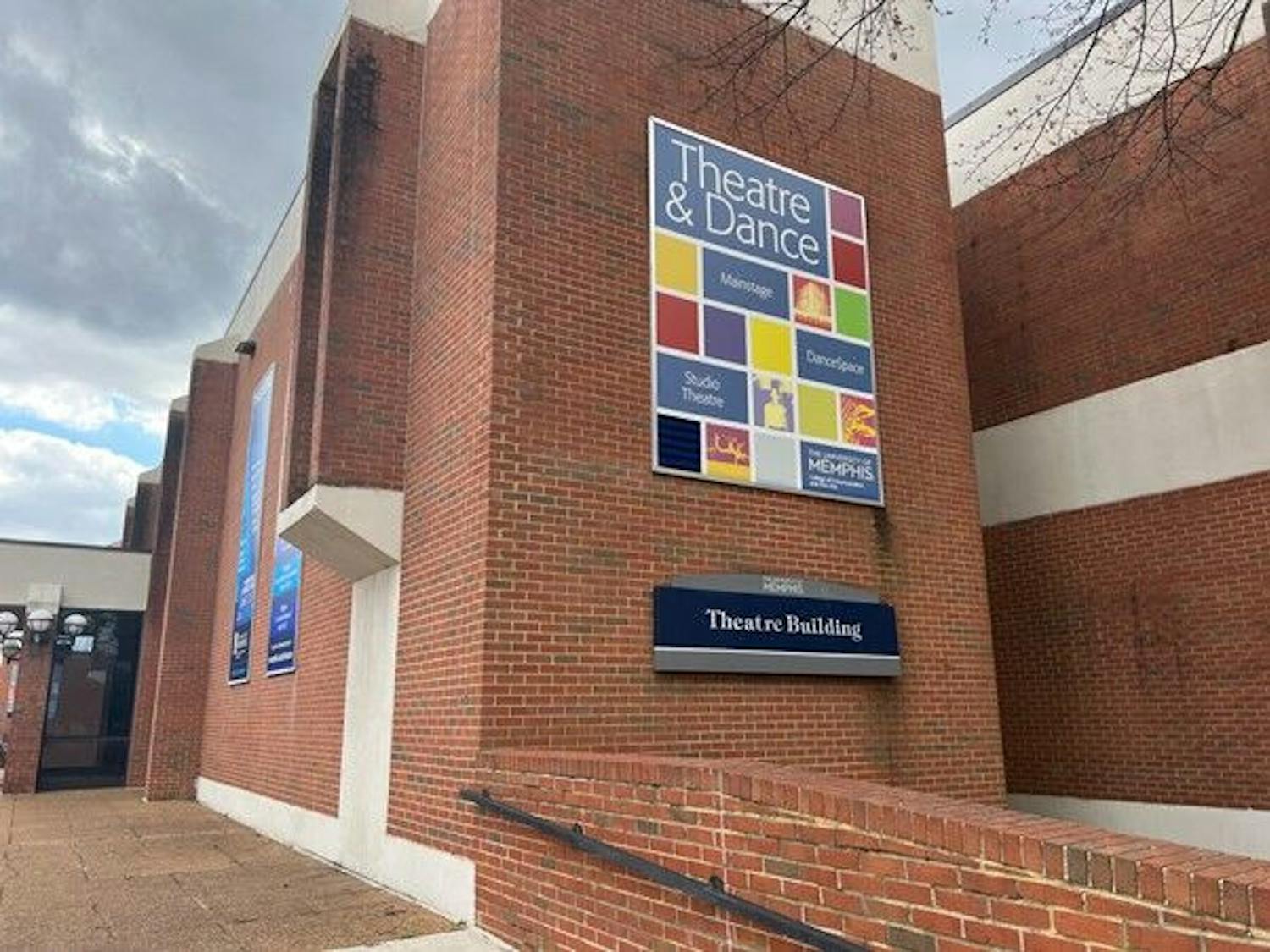Clean drinking water was claimed to be a fundamental human right by the United Nations in 2010. Over the last few years in the United States, several cities have seen this right disappear due to contamination and is most recognizable in the case of Flint, Michigan. After a switch in April of 2014 to using water from the Flint River, lead from the solder that binds the city’s pipes leached into the supply and residents of the once industrious city have been slow to get back on their feet. It was not the first time an American city lost access to the most vital part of their lives and some fear Memphis could be next.
Coming to Flint’s aid, Memphis – with the help of Memphis Light, Gas and Water (MLGW) and FedEx – sent thousands of water bottles, filled with the same water that flows through every Bluff City resident’s house, to the Vehicle City.
That water was pumped from beneath the concrete, soil, sand and clay, where one of Shelby County’s oldest and most vital resources is located. The Memphis aquifer, which supplies most residents in West Tennessee with drinking water, has remained untouched by pollution due to years of filtration and protection from the sand and clay that surrounds it. Although it has provided some of the cleanest water in the world for years, according to Protect Our Aquifer Executive Director Jim Kovarik, its purity is being threatened by the proposed Byhalia Connection pipeline – a crude oil pipeline that would run above the aquifer.
“We have almost 57 trillion gallons of this pure water below us. It’s aged too. The water, as we like to say, is pre-industrial and pre-plastic,” Kovarik said. “We could drink the water straight from the aquifer.”
In November 2020, Byhalia Pipeline LLC. submitted a permit request to construct a connection from the Valero refinery in Memphis to Mississippi. This would run over the Memphis Sand aquifer and under the Davis Wellfield – from where MLGW pumps drinking water.
“We hired an expert hydrogeologist who said that, in the case of an oil leak, it would take about four years for that oil to get into the MLGW pumps,” Kovarik said. “We aren’t talking decades, just four years for it to be in the water. At that point, we would have to shut down the Davis Wellfield. There are 10 operating wellfields in Memphis, so one tenth of our water supply would be lost. That supplies all of 38109, all of the industries on President’s Island and the gas plant that powers Memphis.”
According to UnitedStatesZipCodes.org, the 38109 zip code is home to just over 45,000 Memphians – 97 percent of whom are Black or African American. In response to the proposed pipeline, three individuals from the community – Kizzy Jones, Justin Pearson and Kathy Robinson – founded a group, Memphis Community Against the Pipeline (MCAP), to protest what is being called continued environmental injustice.
“This community is facing environmental injustice again,” Pearson said. “This community — 38109 South Memphis in particular — has been classified as an industrial zone. We breathe more toxins than anywhere else in the city. The folks who are going to be most impacted by things going wrong are going to be Black, African American lower wealth people because they have been redlined into these communities.”
The Houston, Texas-based oil company promotes their pipeline as a way to give back to the Memphis community. According to Plains All American, their pipeline would provide the local economy with a $500,000 boost in taxes for as long as it remains operational. According to Robinson and Pearson, the company has also donated around a million dollars to local groups such as CAESAR – the University of Memphis environmental and engineering research center; the Metropolitan Inter-Faith Association (MIFA); the Memphis NAACP; and schools in the 38109 area.
“They said that they wanted to be good neighbors. The thing is, a good neighbor listens to the other neighbors,” Robinson said. “They also touted the money that they were distributing to folks, some local and some regional. That was a huge red flag. What really stood out was that when they gave people money, they stopped talking. People who would normally be loud about things like this, such as the Memphis NAACP, aren’t saying anything anymore. They were a group that got $25,000 from the company.”
Pearson holds the same view as Robinson. The donations, in his opinion, are “being used to draw wedges between” groups in Memphis.
“They know we are a financially repressed area,” he said. “We have to rise above this and say that we care more about the water we drink, the air we breathe and the world we leave behind than they surmise we do.”
This has proven to be true as their movement amassed a following in the months since Plains All American was granted their permit to begin building. Former Vice President Al Gore and actress Jane Fonda are among the most notable who have spoken out against the Byhalia Connection Pipeline.
Since 2010, there have been 1,650 occurrences of oil leaking from pipelines in the United States, according to Dr. Douglass Cosler, a hydrogeologist working for Adaptive Groundwater Solutions. Combined, these leaks have amassed more than 11.5 million gallons of oil spilled.
Plains All American, according to Robinson, touted the safety of their pipelines since requesting their permit. However, in May 2016, the company was indicted by a grand jury in California on 46 counts, four of which were felony charges, in connection to a 140,000 gallon oil spill. Ten counts were in relation to the company’s failure to report the spill in a timely fashion.
“If you do just a miniscule amount of outside research, you would see that this company has a reputation and history of contamination,” Robinson said. “You would see that they have a history of spills. You would even learn, from the California spill, that they were even slow to report that. You would see that these companies are full of criminals.”
Over the last week, Memphis, along with most of the South, was slammed with a winter storm that knocked out power, froze pipes and has resulted in a boil notice from MLGW because of low temperatures that broke numerous water mains. In response to the boil notice, residents emptied the bottled water section of stores.
Contamination to the Memphis Sand aquifer could see similar results to stores and even leave lasting, psychological damages. Just under seven years have passed since the start of the Flint Water Crisis and residents are still experiencing the effects that contaminated water had on their bodies and minds.
“We can’t go anywhere and feel safe drinking water out of the tap,” said Candice Mushatt, a community activist in Flint. “That’s one of the lasting psychological effects. I don’t drink tap water from anywhere — I don’t trust it.”
While the physical effects of drinking oil contaminated water would be different, they are no less harmful or deadly. Dr. Douglass Cosler was contacted by the Southern Environmental Law Center (SELC) to evaluate the risk of contamination by the Byhalia Connection Pipeline.
In his 11-page assessment, he mentions that there are a number of “known and suspected breaches, holes and leaks” in the clay layer that normally protects the Memphis Sand aquifer, leaving it exposed for pollutants. He also wrote that one pound of crude oil would pollute 25 million gallons of water. If contaminated, consumers are at risk to develop skin, lung, bladder and gastrointestinal cancers – directly impacting an area where residents are already developing health issues at a higher rate than the rest of the city.
“38109 has some of the worst asthma rates in Shelby County, and it has the highest rates of cancer in the county, according to the last assessment that was completed by the Shelby County Health Department,” Robinson said. “What this pipeline will do is expound on the issues that Valero is already exposing us to.”
The 38109 zip code has been zoned as an industrial district that already houses the Valero refinery.
“This generation is saying, ‘no more,’” Robinson said. “We are not the dumping ground of Memphis and Shelby County. We have seen far too many of our children and family members be exposed to toxins in the air that we breathe. No more.”
The City Council was set to meet Tuesday, Feb. 23, to discuss a resolution to block Byhalia Connection Pipeline’s permit to begin construction. Ultimately, the vote was pushed back and Councilman Edmund Ford said that he needs “to bring him (city attorney Allan Wade) into some of these things that have come up within 24 hours...After he gets through, we need to postpone (Tuesday’s vote) until next week if we can.” Currently, there is no legislation at the local, state or federal level protecting groundwater like the Memphis Sand aquifer, a fact which allowed the permit to be cleared.
“This is Memphis vs. big oil,” Pearson said. “And my money is on Memphis.”
Memphis Community Against the Pipeline is a grassroots movement formed to alert and combat the proposed Byhalia Connection Pipeline.






